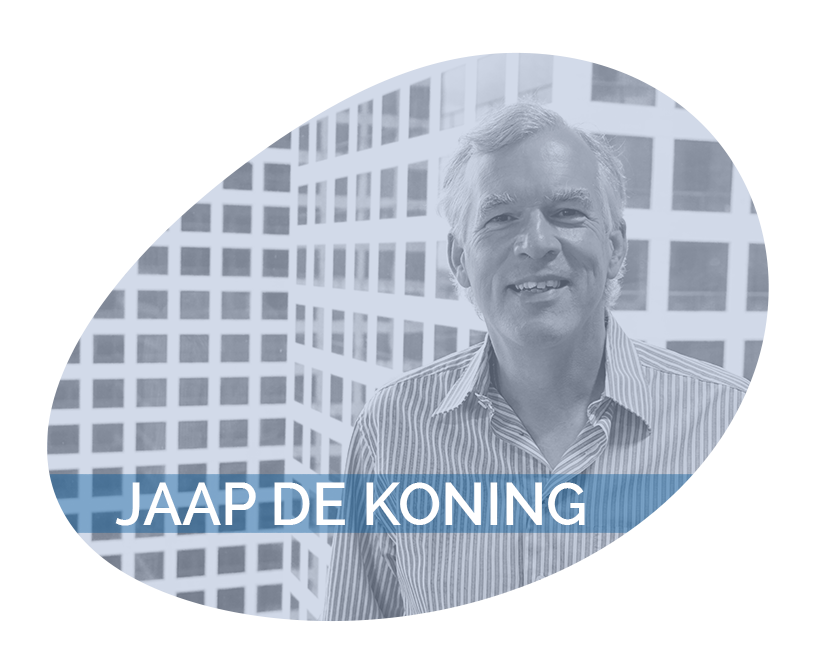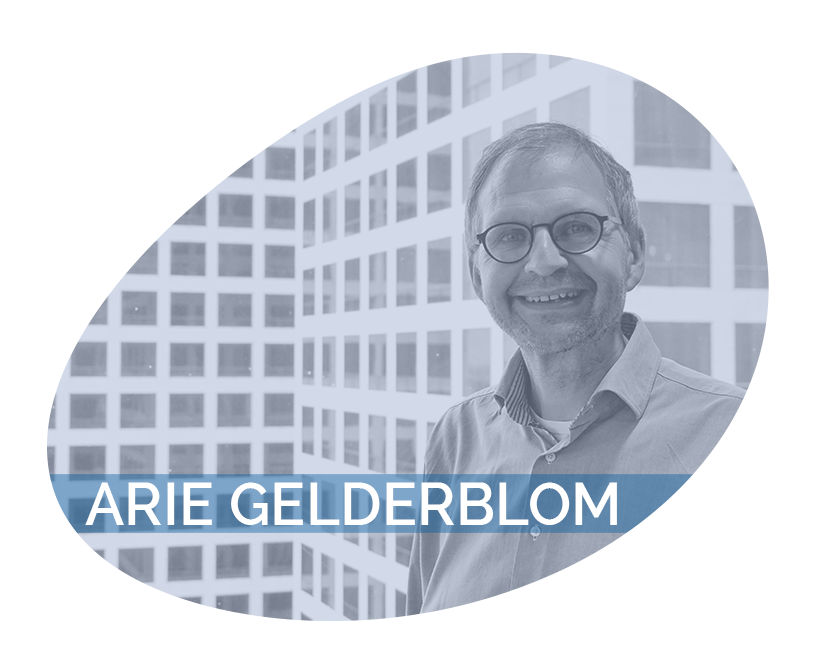Gepubliceerd op:1 juni 2018
Dit rapport bevat de eerste resultaten van het BRIDGE-project, dat in de periode van eind 2016 tot eind 2019 wordt uitgevoerd in Rotterdam Zuid met steun van de Europese Commissie. Het bestaat uit twintig onderwijsinterventies, die tot doel hebben de onderwijsresultaten en aansluiting met de arbeidsmarkt van kinderen uit Rotterdam Zuid te verbeteren. Deze kinderen stromen lang niet altijd uit met een voltooide beroepsopleiding en kiezen nog te weinig voor opleidingen met een goed arbeidsmarktperspectief. Door dit te verbeteren moeten meer jongeren in Zuid aan een baan komen en duurzaam worden ingepast in het arbeidsproces.
In dit eerste monitoring- en evaluatierapport komen de volgende punten aan de orde:
-
De aard en uitvoering van de onderwijsinterventies. Hierbij komt ook aan de orde wat we weten over de mate waarin de interventies worden toegepast en het bereik onder scholen en leerlingen. Verder gaan we in op de interventielogica: hoe verlopen in theorie de schakels van uitvoering naar effect en welke zaken zijn randvoorwaardelijk voor het verkrijgen van een effect? En wat is er uit de literatuur bekend over de effectiviteit van soortgelijke interventies elders?;
-
De ontwikkeling van de onderwijsresultaten. We hebben de nodige twijfel of de beschikbare kwantitatieve gegevens over de toepassing van de interventies van voldoende kwaliteit zijn om een effect van deze interventies op de onderwijsresultaten te meten. We zijn dit nog aan het bekijken. In dit stuk richten we ons op de ontwikkeling van de onderwijsresultaten in de tijd. Neemt in vergelijking met Rotterdam Noord, de andere grote steden en Nederland het percentage jongeren in het vmbo en mbo dat voor techniek, haven of zorg kiest toe? En zo ja, komt de timing van deze stijging dan over een met de invoering van BRIDGE, of met de eerdere toename van deelname aan soortgelijke interventies in het kader van het NPRZ-programma?;
- De ontwikkeling van de arbeidsmarktresultaten. In hoeverre leidt het behalen van een mbo-diploma tot meer kansen op de arbeidsmarkt? In hoeverre leidt een hoger mbo-diploma tot meer kansen? En doen jongeren die een opleiding in de richting techniek, haven of zorg doen het beter dan jongeren met een diploma in een andere richting? Bij de analyses maken we gebruik van een maatstaf die ook rekening houdt met de duurzaamheid van de arbeidsinpassing. Verder wordt bekeken of het effect van niveau en richting in Rotterdam Zuid even groot is als in Rotterdam Noord en andere grote steden.
Dit rapport is mede mogelijk gemaakt door subsidie uit het Urban Innovative Actions (UIA) programma van de Europese Commissie.
Auteurs
Opdrachtgever: Europese Commissie






